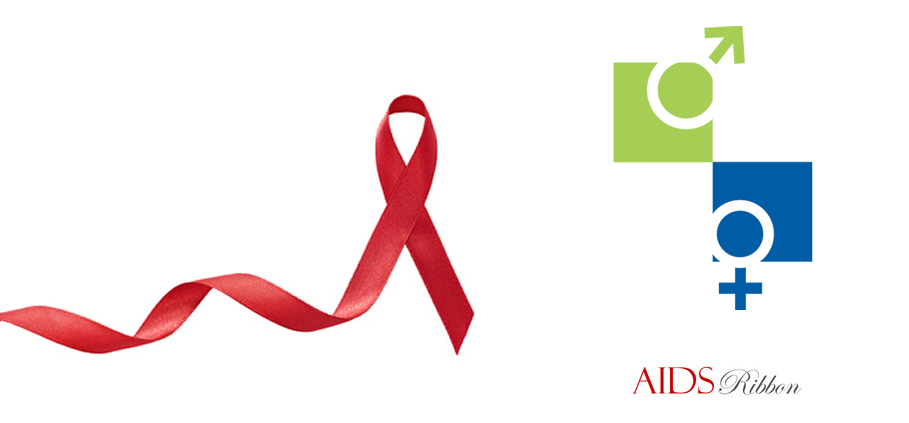Latest News
Nocturnal Enuresis (Bedwetting) and Children
Ignorance, Taboo & Prejudice
Anastasios D. Kalantzis, Surgeon Urologist-Andrologist
One of the most serious urinary tract disorders, and also the commonest disorder in childhood is "Nocturnal Enuresis". It is the involuntary urine loss in bed during the night, and we refer to persons of 3-4 years of age and older. In 50% of the cases, the cause of this phenomenon is a developmental delay or a neurogenic bladder dysfunction. In 30% of the cases there is a psychogenic cause and the remaining 20% is the result of another condition.
In the past, doctors did not pay much attention or showed interest in this condition which they concerned would be spontaneously resolved and caused by malinstruction by the parents. The medical diagnosis of enuresis was included, among other psychological disorders, in psychiatric manuals. This was, however, until 1985, when a publication from a research center in the Danish city Aarhus became the turning point regarding nocturnal enuresis. The authors-researchers phrased the documented theory that "an enuresis episode could be due to nocturnal polyuria, urinary bladder fullness up to its limits during sleep and involuntary urine loss (enuresis) in bed".
There are two types of enuresis. The Primary enuresis, which concerns children who never achieved sphincter control, and Secondary enuresis, concerning children who, although they had achieved sphincter control for at least 1 year, they started bedwetting again. In most cases of secondary enuresis, the existence of a psychiatric disorder must be considered a certain fact. it has been observed that the biggest part of enuretic children, approximately 75% are only bedwetting, while 1 in 100 children also present excretion (continuous excrement loss without apparent existence of an organic problem). Nocturnal enuresis decreases with the lapse of time, as the children grow up, although a small percentage, approximately 1-2% continue to wet their beds when in adolescence or early adulthood.
At the age of 3-4 years, approximately 80% of the children have achieved sphincter control. Usually rectal sphincter control is achieved first, then day bladder sphincter control, and lastly nocturnal bladder sphincter control. Boys achieve control of their sphincters later than girls.
Almost all studies have shown that the number of boys presenting nocturnal enuresis is double than that of girls. This is attributed not only to developmental differences between the two genders, but also in the difference in their upbringing, girls' submissiveness etc.
At the time of enuresis, sleep is restless, there is increased respiratory rate, tachycardia and vestigial erection in boys.
Some of the causes of this condition are:
- Small urinary bladder size.
- Genetic – hereditary factors. In case one of the parents was enuretic, there is 45% likelihood that the child will present enuresis problems. If the problem existed in both parents, the possibility is increased to 75%.
- Urinary bladder and/or renal infection.
- Reduced secretion of the antidiuretic hormone.
- Diabetes.
- Hyperthyroidism.
- Excessive Heavy Sleeping. Sleep is so heavy that the bladder empties without the brain realizing it.
- Low sphincter sensitivity.
- Consumption of foods with high level of food colorings and sweeteners.
- Constipation.
Some of the causes are psychological, such as:
- Feelings of jealousy against a younger brother or sister.
- Insecurity, unjustified anxiety.
- Psychological-emotional immaturity.
- Communication problems and fights among the members of the family.
- Social isolation (for older children).
- Phobias (Animals, ghosts, thunders, death).
- Reduced self-esteem.
Furthermore, researchers such as Van Tijen, Messer and Namdar (1998) found that nocturnal enuresis is the third most stressful experience that a child faces after a divorce and paternal fights.
The fact that enuresis is considered a taboo condition, or their shame to admit that they themselves also faced the same problem as children, or their fear that they might blamed of parental inefficiency that led to their child's problem, often prevents parents from reporting their child's condition to their doctor.
This wrong way of thinking, as well as their prejudice and ignorance, are the reasons that do not allow parents deal with the problem, and in many cases they even make it worse.
Reprehension and punishment are mistakes that do not solve the problem; on the contrary they sustain and prolong it. Η επίπληξη και η τιμωρία του παιδιού αποτελούν σφάλματα που παρατείνουν και δε λύνουν το πρόβλημα. Conversely, parents should encourage their children and help them be relieved from feelings of guilt or inferiority complexes, in order to develop a sense of independence and self-confidence.
Some simple techniques which could help in facing nocturnal enuresis are:
- Make sure that the child urinates immediately before bedtime.
- Reduce the child's consumption of liquids and food a few hours (1,5 -2 ) bedtime.
- Teach the child to practice urination control by increasing the time period that lapses before day urinations.
- Make sure that the child can go to the toilet easily during the night, if necessary (e.g. leave a light on all night).
- Teach the child to follow a "going to the toilet schedule" (every two hours).
- Teach the child to relax during urination and not expedite it.
- Buy a "Bedwetting Alarm" (a moisture sensor is attached to the child's pajamas and small loudspeaker-alarm is placed on the child's shoulder. With the first drop of urine the alarm goes off and the child wakes up). In some cases there is improvement after a couple of weeks, while in others it takes a few months. The success rate reported is 68%.
- Check the bed every morning and reward "dry nights".
- Self-suggestion. If the child can be cooperative, tell them to imagine a place or an object which is completely dry and repeat silently words and phrases such as dryness, drought, I remain dry, I am in control, I have self-value no matter what happens.
For the better treatment of the problem, further to the medication administered by the doctor when there is serious reason, the psychological support provided to the child by a special psychologist, also the support, care and reward of the child by the parents are absolutely imperative.




